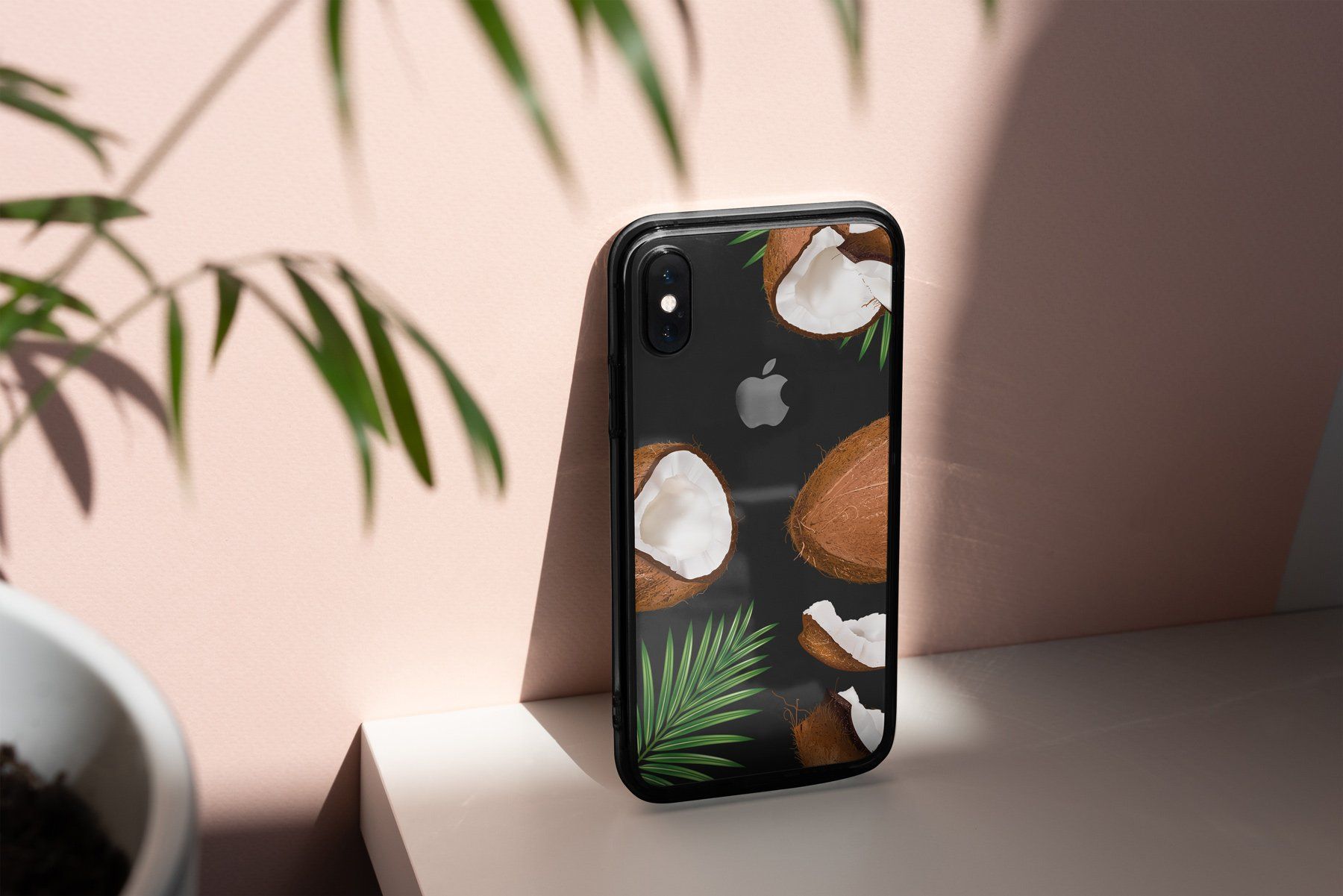The iPhone 14 series and its variants are all rated IP68, which means they’re capable of withstanding brief submersion in fresh water. However, Apple warns that resistance to liquid damage may degrade over time.
Additionally, prolonged exposure to turbulent or fast-moving water may cause damage. If you’re planning on using your iPhone in a wet environment, consider getting a waterproof phone case like Life Proof or Catalyst.
Water Resistance
The iPhone 14 has an IP68 rating, which means it can stay underwater for up to 30 minutes at a depth of 6 meters. However, that’s still not enough to make it a waterproof smartphone, and Apple does warn against intentionally submerging the phone in water. While it should be fine to accidentally drop your iPhone in the bathtub or in some fresh rainwater, it’s not a good idea to take it in a lake or the ocean and it definitely shouldn’t go in any pools with chlorine or other chemical additives.
It’s important to note that while people throw around the term “waterproof” a lot, it’s not accurate with the iPhone 14, or any of Apple’s smartphones. The iPhone 14 isn’t actually waterproof; it has a dust and water resistance rating, which we’ll discuss below. A waterproof iPhone would need to be completely sealed and have no openings such as Lightning ports, camera lenses, or speakers that could let in water.
Salt Water Resistant
The iPhone 14 is Apple’s latest and greatest smartphone with tons of new features. With its hefty price tag, many consumers want to know how well the device holds up to potential hazards such as water damage.
The latest iPhones boast an IP68 rating which means they’re capable of resisting dust, splashes, and short periods of submersion in water. This is great for people who live near bodies of water or enjoy taking photos or videos underwater.
However, it’s important to remember that a water resistance rating does not make your phone waterproof. It’s designed to withstand occasional spills or accidental submersion, but over time prolonged exposure can weaken the seals. Plus, the seals may not be able to protect against turbulent or fast-moving water like a waterfall or rapid river. The same goes for salt water such as ocean water, which can corrode metal parts of your phone over time. This is why it’s important to always rinse your phone after scuba diving or snorkeling and be aware that Apple does not cover liquid damage in their warranty.
Pools with Chlorine
Although the iPhone 14 has a high level of water resistance, it is not designed for repeated submersion in chlorine. Even occasional exposure to chlorinated pool water could corrode internal components of the phone. Additionally, continuous exposure to extreme water pressure from hot tubs or saunas can cause your phone to crack.
Apple doesn’t offer a warranty for liquid damage and it is unlikely that your phone would be repaired by an Apple technician if you have signs of water contact on the screen or body. Therefore, if you plan to use your iPhone in the water on a regular basis, it’s recommended that you purchase a waterproof case. For example, Lifeproof’s MagSafe Case with the FRE model protects your iPhone 14 from submersion in up to six meters of water for half an hour and is compatible with Catalyst screen protectors. It also offers drop protection up to 6.6 feet and comes in black, purple, and green.
Hot Tubs or Saunas
Hot tubs and saunas offer unique wellness benefits, including stress relief, improved sleep, pain reduction, detoxification, boosted immunity, better skin health, weight management, and more. Both are great places to relax, and they also provide opportunities for social interaction.
While the iPhone 14 series has a waterproof rating, it is not fully water proof. It can withstand being submerged in water for up to 30 minutes at a depth of 6 meters, but this is only true if your phone is in perfect condition. Even minor cracks can lower the depth and number of minutes it can remain underwater.
As for pools with chlorine, it is not recommended that you use your phone while in one. Chlorine may negatively affect your device’s internal components and could cause it to break down. Similarly, excessive water pressure can damage your phone’s openings and ports. This is why it is important to avoid these types of activities if possible.Is the iPhone 14 Waterproof


